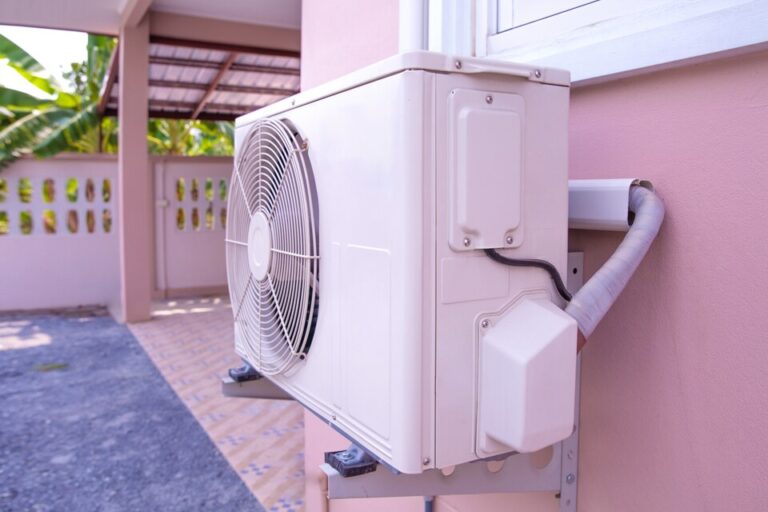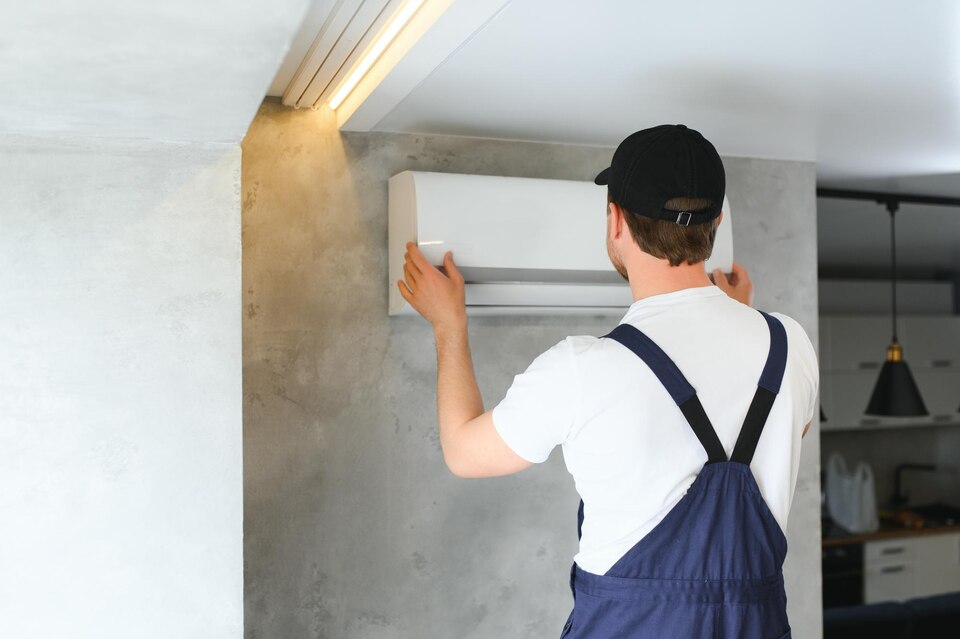Installing a heat pump in winter offers numerous benefits for homeowners. While traditional heating methods can be effective, heat pumps provide a modern, efficient alternative that delivers consistent warmth without excessive energy consumption. Understanding the advantages of heat pump installation can help you make an informed decision about your home’s heating needs.
Energy Efficiency of Heat Pumps
Heat pumps are known for their high energy efficiency, making them an excellent choice for winter heating. Unlike traditional heating systems that generate heat by burning fuel or using electric resistance, heat pumps transfer heat from the outside air into your home. This method uses less energy, resulting in significant savings on your utility bills.
Lower Energy Consumption
Heat pumps efficiently move heat from one place to another instead of generating it, consuming less energy in the process. This reduced energy use translates to lower utility bills and helps keep your energy expenses manageable. Many homeowners notice the difference in their monthly bills after installing a heat pump.
Consistent Temperature
Heat pumps maintain a consistent indoor temperature by operating in a steady, efficient manner. This means fewer cycles of turning on and off, further reducing energy consumption. A consistent temperature also contributes to a more comfortable living environment, especially during cold winter months.
Dual Functionality
Many heat pumps come with the added benefit of providing both heating and cooling functions. This dual functionality means you can use the same system year-round, optimizing energy use no matter the season. By consolidating heating and cooling into one efficient system, you reduce the overall energy required for maintaining comfort in your home.
Enhanced Home Comfort
Installing a heat pump can significantly enhance the comfort levels in your home. Traditional heating systems can create uneven temperatures, leading to areas that are too hot or too cold. Heat pumps, however, provide a more balanced and consistent indoor climate.
Even Heat Distribution
Heat pumps evenly distribute heat throughout your home, eliminating cold spots and ensuring that every room stays warm. This balanced heating is achieved through the system’s ability to transfer heat efficiently, maintaining a steady temperature that enhances overall comfort.
Quiet Operation
Unlike some traditional heating systems that can be noisy, heat pumps operate quietly. The components of a heat pump are designed to minimize noise, providing a peaceful and comfortable environment. This quiet operation is especially beneficial during the night, allowing you to enjoy a restful sleep without the disturbance of loud heating noises.
Improved Air Quality
Heat pumps can improve indoor air quality by circulating and filtering the air as they operate. The filtration process helps remove dust, allergens, and other particles from the air, contributing to a healthier living environment. This is particularly beneficial for individuals with allergies or respiratory issues, as cleaner air promotes better health and well-being.
Adjustable Settings
Modern heat pumps come with various settings and controls that allow you to customize your home’s temperature to your liking. With programmable thermostats and smart home integration, you can ensure your home is always at the perfect temperature, providing optimal comfort at all times.
Overall, the enhanced home comfort provided by heat pumps makes them a superior choice for winter heating, ensuring a warm, quiet, and healthy indoor environment.
Environmentally Friendly Heating Solution
Heat pumps offer an environmentally friendly heating solution for many homes. Traditional heating systems often rely on fossil fuels, leading to higher carbon emissions. Heat pumps, on the other hand, utilize renewable energy sources to provide warmth, significantly reducing their environmental impact.
Lower Carbon Footprint
Heat pumps operate by transferring heat rather than generating it through combustion. This process results in fewer carbon emissions compared to fossil fuel-based heating systems. Homeowners who choose heat pump installation contribute to a reduction in greenhouse gases, helping to combat climate change.
Renewable Energy Use
Heat pumps harness heat from renewable sources, such as the air, ground, or water, making them a sustainable option for heating. This renewable aspect sets them apart from traditional heating methods that rely on depleting natural resources. Utilizing renewable energy for heating not only benefits the environment but also promotes energy independence.
Eco-Friendly Refrigerants
Modern heat pumps use advanced refrigerants with lower global warming potential (GWP). These eco-friendly refrigerants further minimize the environmental impact of heat pump operation. By choosing a heat pump, homeowners support the adoption of greener technologies in the HVAC industry.
Reduced Energy Consumption
Heat pumps consume less energy overall, which means less demand for energy production from power plants. Lower energy consumption reduces the strain on natural resources and helps to preserve the environment. This efficient use of energy is one of the key reasons homeowners opt for heat pump installation.
Financial Benefits of Heat Pump Installation
While the initial cost of heat pump installation can be higher than that of traditional heating systems, the financial benefits over time make it a worthwhile investment. From lower energy bills to reduced maintenance costs, heat pumps offer several ways to save money.
Lower Utility Bills
One of the most significant financial benefits of heat pump installation is the reduction in monthly utility bills. Due to their high energy efficiency, heat pumps use less electricity to provide heating, resulting in lower energy costs. Homeowners often see noticeable savings on their utility bills after switching to a heat pump.
Reduced Maintenance Costs
Heat pumps have fewer mechanical components that are prone to wear and tear compared to traditional heating systems. This means fewer breakdowns and lower maintenance costs over the life of the unit. Regular maintenance by our professionals ensures the heat pump runs efficiently, further reducing the need for expensive repairs.
Incentives and Rebates
Many regions offer financial incentives and rebates for homeowners who install energy-efficient heating systems like heat pumps. These incentives can help offset the initial installation cost, making the investment more affordable. Check with local authorities or energy providers to see if such programs are available in your area.
Long-Term Investment
Though the upfront cost of a heat pump can be higher, the long-term savings in energy bills and maintenance can make it a cost-effective choice. The efficiency and durability of heat pumps provide financial returns over their operational lifetime, making them a smart investment for homeowners seeking value.
Conclusion
Installing a heat pump in winter offers numerous advantages, from energy efficiency and enhanced home comfort to environmental benefits and financial savings. Heat pumps provide a consistent and quiet heating solution, improving the overall comfort of your home. They are an eco-friendly choice, reducing carbon emissions and utilizing renewable energy sources. Financially, heat pumps can lower utility bills, reduce maintenance costs, and offer long-term savings, making them a worthwhile investment.
Switching to a heat pump can significantly improve your home’s heating efficiency, comfort, and sustainability. For professional heat pump installation in Pasadena, CA, trust the skilled team at Power Pro Plumbing Heating & Air. Our professionals are dedicated to providing high-quality service to ensure your heating system operates at its best. Contact us today to learn more about the benefits of heat pumps and to schedule your installation. Enhance your home’s comfort and efficiency this winter with us.











